
AWS vs Azure vs Google Cloud: Comparing the Top Cloud Service Providers
Nov 06, 2024 4 Min Read 4761 Views
(Last Updated)
Cloud computing has revolutionized the way organizations work, propelling us into a new era of technology. Among the top cloud service providers dominating the worldwide market are Amazon Web Services (AWS), Microsoft Azure, and Google Cloud Platform (GCP).
As more enterprises embrace the cloud and even multi-cloud environments, it’s crucial to compare these platforms to fully understand their capabilities and differences. So, let’s get into the AWS vs Azure vs Google Cloud battle right away!
Table of contents
- Amazon Web Services (AWS)
- Microsoft Azure
- Google Cloud Platform (GCP)
- AWS vs Azure vs Google Cloud
- Regions and Availability
- Common Services
- Specialized Services
- Pricing
- Pros and Cons of AWS, Azure, and GCP
- AWS
- Azure
- GCP
- Concluding Thoughts
- FAQs
- Which is better for career Azure or AWS?
- Which cloud is cheaper Azure or AWS?
- Which is in high demand Azure or AWS?
- Which is growing faster Azure or AWS?
- Does AWS need coding?
Amazon Web Services (AWS)
As the current market leader in cloud computing platforms, Amazon Web Services offers a wide range of services to cater to every demand.
AWS started as an internal cloud offering and evolved into a publicly available platform in 2006. Today, it offers over 200 fully-featured services and serves millions of users.
Prominent AWS customers include Expedia, Netflix, Coinbase, Formula 1, Coca Cola, Intuit, Airbnb, Lyft, Coursera, and the Food and Drug Administration (FDA).
Access AWS’s Free Tier here and get yourself familiar.
Before we move to the next part, If you’re interested in pursuing cloud computing career. You can consider enrolling yourself in GUVI’s Cloud Computing Course, which lets you gain practical experience by developing real-world projects and covers technologies including Azure Command-Line Interface (CLI), Azure Monitor, Azure Resource Manager (ARM) Templates, and tools like Visual Studio Code, among many others.
Microsoft Azure
Microsoft Azure, the second-largest cloud platform, provides infrastructure as a Service (IaaS), Platform as a Service (PaaS), and Software as a Service (SaaS) solutions.
It offers a wide array of services tailored for Microsoft-centric enterprises, making the transition to the cloud or a hybrid-cloud environment seamless.
Azure is used by more than 95% of Fortune 500 companies and supports open-source languages, technologies, and platforms. Notable Azure customers include DAIMLER AG, McKesson Group, ASOS, Center for Disease Control (CDC), National Health Service (NHS), HSBC, Starbucks, Walgreens, 3M, HP, Mitsubishi Electric, and Renault.
Google Cloud Platform (GCP)
Google Cloud Platform, part of the overarching Google Cloud, offers over 100 services spanning computing, networking, big data, and more.
While GCP is the smallest of the Big 3 cloud providers, it provides a robust set of cloud services to power and support any type of application.
Notable GCP customers include Toyota, Unilever, Nintendo, Spotify, The Home Depot, Target, Twitter, PayPal, and UPS.
Want to actually learn these in-demand cloud technologies? Learn from the best with GUVI.
AWS vs Azure vs Google Cloud
Key Considerations in Choosing a Cloud Service Provider:
When choosing a cloud service provider, there are several factors to consider. Let’s explore some of the most important angles:

Regions and Availability
The supported regions and availability of a cloud provider directly impact the performance of your cloud, especially when dealing with data and compliance requirements. As of September 2021, here’s where the Big 3 stand:
- Amazon Web Services (AWS): 25 geographic regions with 81 availability zones, 218+ edge locations, and 12 Regional Edge Caches.
- Microsoft Azure: 60+ regions with a minimum of three availability zones in each region, and over 116 edge locations (Points of Presence).
- Google Cloud Platform (GCP): 27 cloud regions with 82 zones and 146 edge locations.
All three platforms also provide specialized cloud solutions for the government, and both AWS and Azure offer specialized services for the Chinese market with data centers located in China.
Azure has the broadest geographic coverage, while all platforms cover most of the globe and continuously expand their coverage to meet growing computing demand.
Common Services
AWS and Azure have the largest service catalogs, offering over 200 services each, while GCP currently offers around 100 services. Let’s take a look at some common service offerings of each cloud platform:
| Service | AWS | Azure | GCP |
|---|---|---|---|
| Compute | EC2 (Elastic Compute Cloud) | Azure Virtual Machine | Google Compute Engine |
| PaaS | AWS Elastic Beanstalk | App Service | Google App Engine |
| Container | AWS Elastic Container/Kubernetes Service | Azure Kubernetes Service (AKS) | Google Kubernetes Engine |
| Serverless | AWS Lambda | Azure Function | Google Cloud Functions |
| Database | AWS RDS | Azure SQL/Database for MySQL/PostgreSQL | Google Cloud SQL |
| Object Storage | Amazon S3 | Blob Storage | Google Cloud Storage |
| Networking | Virtual Private Cloud (VPC) | Virtual Network | Virtual Private Cloud (VPC) |
| Load Balancing | Elastic Load Balancer | Azure Load Balancer | Google Cloud Load Balancing |
| Firewall | AWS Firewall/Web Application Firewall | Azure Firewall | Google Cloud firewalls |
| DNS | Route 53 | Azure DNS | Google Cloud DNS |
| CDN | Amazon CloudFront | Azure Content Delivery Network (CDN) | Cloud CDN |
Each cloud provider offers comparable services to cover common computing needs. However, there are differences in how each service is implemented and the individual features available.
Specialized Services
When it comes to specialized services, AWS and Azure offer a wider range of options compared to GCP. Let’s take a look at some of the specialized services available with each platform:
AWS
- DevOps: CodePipeline, CodeBuild, CodeDeploy, CodeStar
- AI & ML: Amazon SageMaker, Amazon Comprehend, Amazon Lex, Amazon Polly
- IoT: FreeRTOS, IoT Core, Greengrass, IoT Analytics, SiteWise
- AR & VR: Amazon Sumerian
- Game Development: Amazon GameLift
- Business Analytics: Amazon Quicksight
- End-User Computing: Amazon Workspaces
- Robotics: AWS RoboMaker
Azure
- DevOps: Azure Boards, Pipelines, Repos, Test Plans, Artifacts
- AI & ML: Azure Machine Learning, Azure Databricks, Azure Cognitive Search, Azure Bot Service, Cognitive Services
- IoT: Azure IoT Hub/Central, IoT Edge, Azure Sphere, Azure RTOS
- AR & VR: Azure Mixed Reality (Spatial Anchors/Remote Rendering), ARCore
- Game Development: Azure PlayFab
- Business Analytics: Azure Power BI
- End-User Computing: Azure Virtual Desktop
- Robotics: N/A
GCP
- DevOps: CloudBuild, Artifact Registry
- AI & ML: Vertex AI, AutoML, Dataflow CX, Cloud Vision, Virtual Agents
- IoT: Google Cloud IoT Core
- AR & VR: N/A
- Game Development: N/A
- Business Analytics: Looker
- End-User Computing: N/A
- Robotics: N/A
Each cloud provider offers a unique set of specialized services to cater to different industry needs and use cases.
Pricing
The pricing of cloud platforms depends on various factors, including customer requirements, usage, and the services used. All three platforms offer competitive pricing plans with additional cost management options like reserved instances, budgets, and resource optimization.

While there is no definitive answer to which platform is the cheapest, Microsoft Azure is often considered to have the lowest on-demand pricing, especially for enterprise customers already using Microsoft services like Windows and Microsoft SQL.
Pros and Cons of AWS, Azure, and GCP
Each cloud platform has its own strengths and weaknesses. Let’s take a closer look at the pros and cons of each platform:

AWS
| Pros | Cons |
|---|---|
| Most services available, from networking to robotics | Most mature and extensive platform, which can be overwhelming for newcomers |
| Considered the gold standard in cloud reliability and security | Dev/Enterprise support must be purchased separately |
| More compute capacity compared to Azure and GCP | |
| All major software vendors make their programs available on AWS |
Also Read: Does AWS Require Coding?
Azure
| Pros | Cons |
|---|---|
| Easy integration and migrations for existing Microsoft services | Fewer service offerings compared to AWS |
| Many services available, including best-in-class AI, ML, and analytics services | Particularly geared towards enterprise customers |
| Relatively cheaper for most services compared to AWS and GCP | |
| Great support for hybrid cloud strategies |
GCP
| Pros | Cons |
|---|---|
| Plays nicely with other Google services and products | Limited services compared to AWS and Azure |
| Excellent support for containerized workloads | Limited support for enterprise use cases |
| Global fiber network for high-speed connectivity |
Kickstart your career by enrolling in GUVI’s Cloud Computing Career Program with Microsoft Azure where you will master technologies like Matplotlib, Pandas, SQL, NLP, Deep Learning, and build interesting real-life cloud computing projects.
Concluding Thoughts
In the rapidly evolving cloud computing landscape, AWS, Azure, and GCP are the leading players. While AWS currently holds the market leader position, Microsoft Azure and Google
Cloud Platforms are rapidly growing and evolving to compete with AWS. Microsoft Azure is particularly strong in the enterprise space, while Google Cloud Platform offers excellent integrations with open-source projects and third-party services.
By understanding the capabilities and differences of AWS, Azure, and GCP, you can make an informed decision and harness the power of cloud computing to drive your organization’s success.
FAQs
Which is better for career Azure or AWS?
Both Azure and AWS offer excellent career opportunities, but statistically, the amount of jobs requiring Azure skills have increased by a lot considerably when compared with AWS.
Which cloud is cheaper Azure or AWS?
The cost of running Azure can be significantly less when compared with AWS mainly because you might have to purchase Windows licenses separately with AWS.
Which is in high demand Azure or AWS?
Both Azure and AWS skills are in high demand, with regional variations, read the article above to learn more.
Which is growing faster Azure or AWS?
AWS has historically grown faster, but Azure is also expanding rapidly.
Does AWS need coding?
AWS doesn’t require coding, but coding skills can be beneficial for certain tasks.

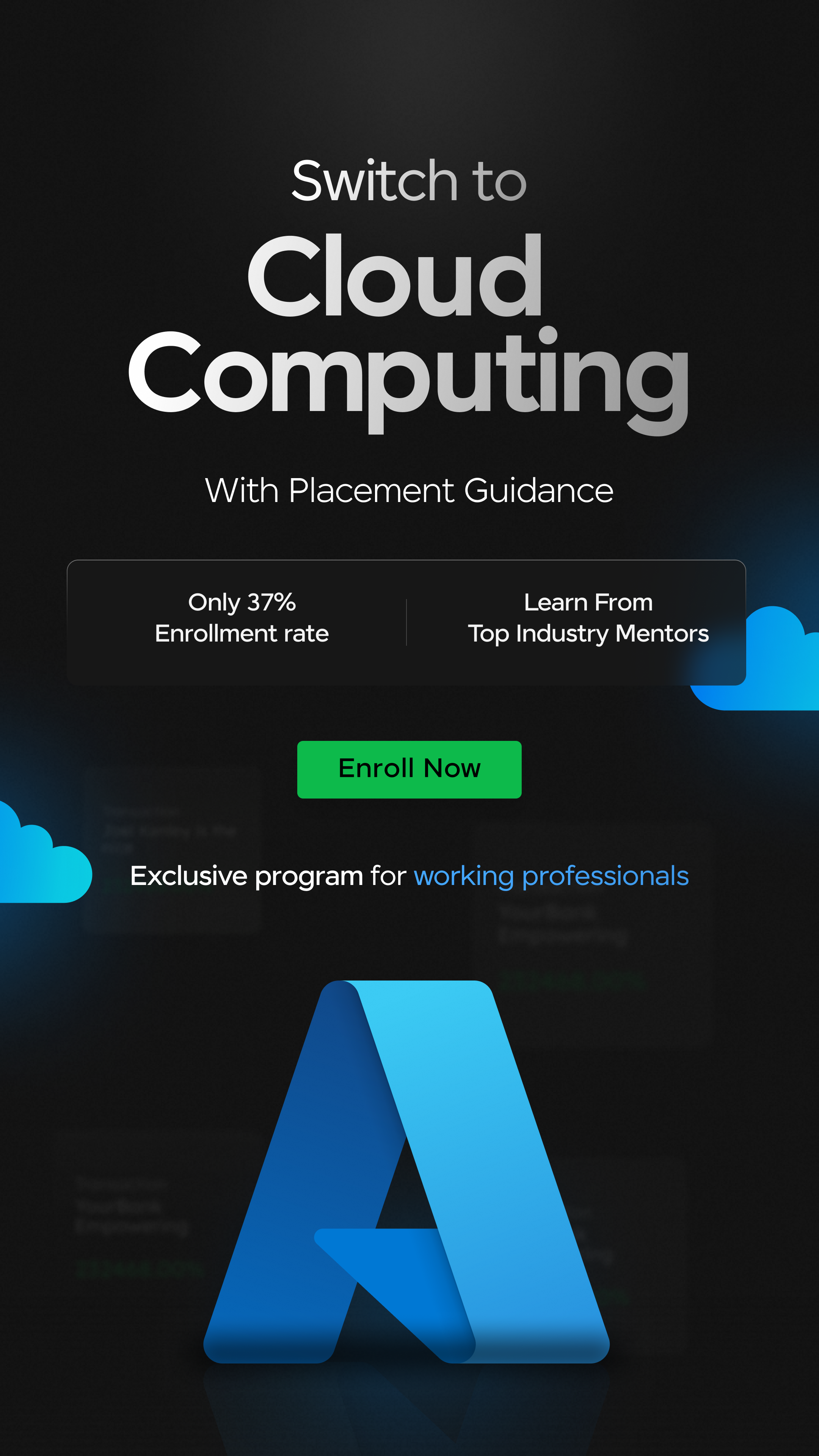


















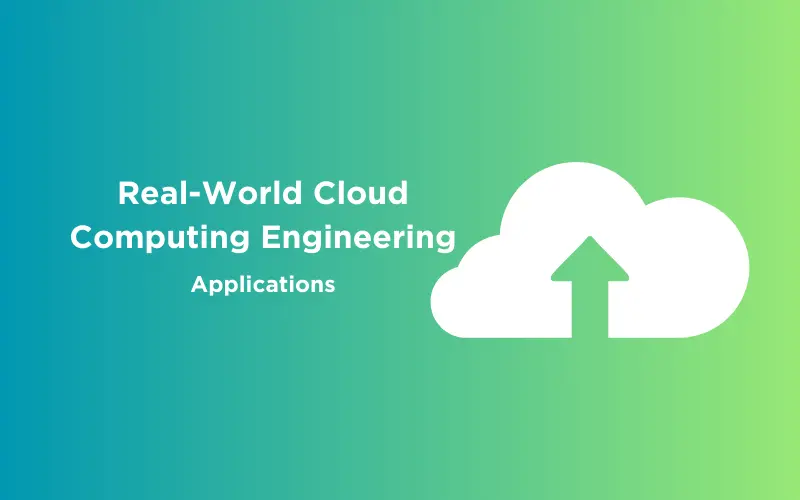
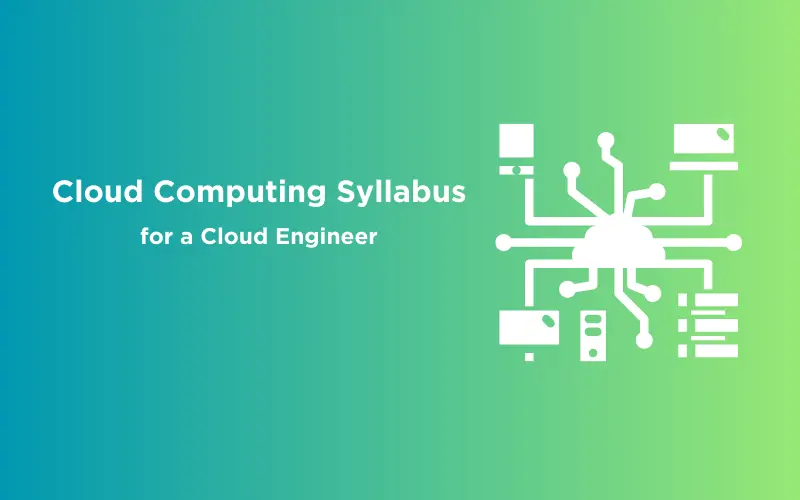
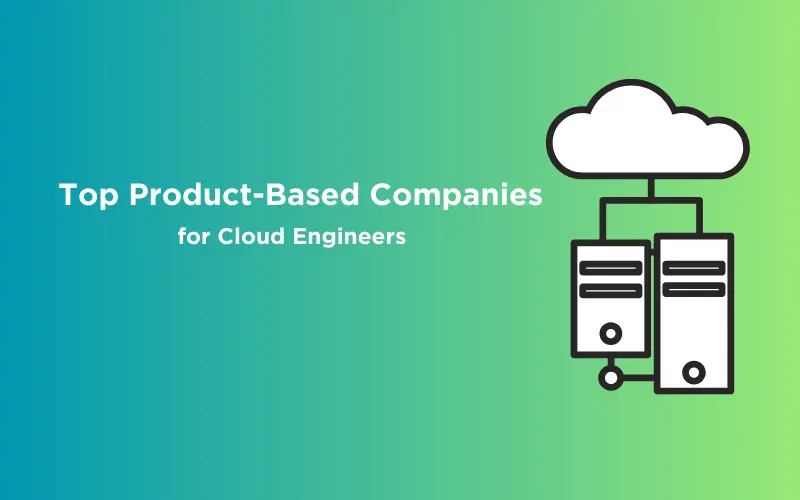
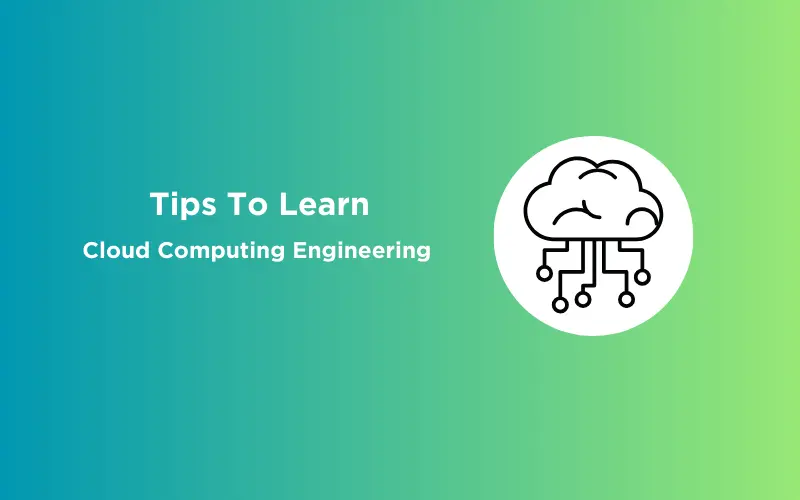
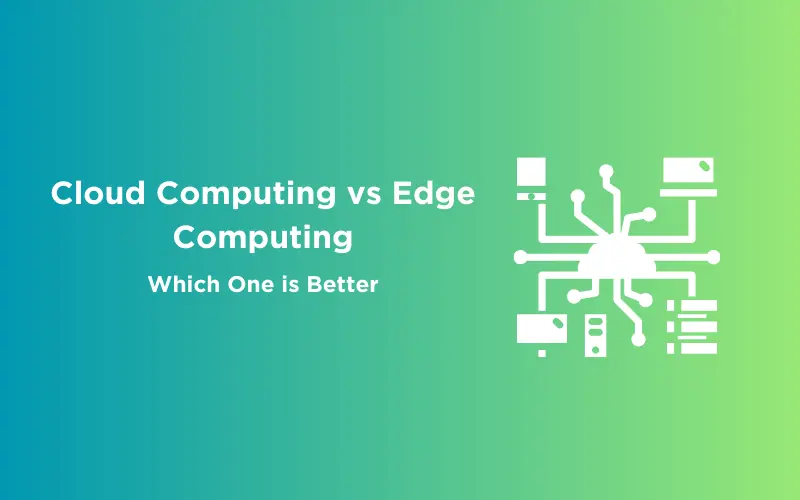
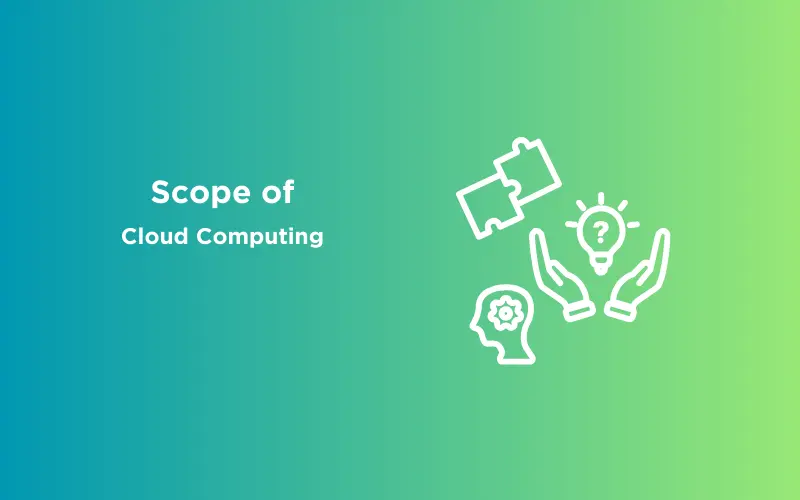
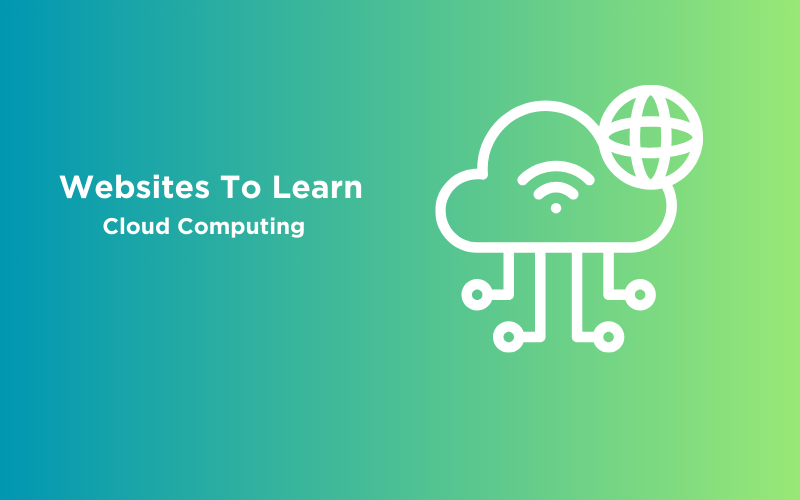
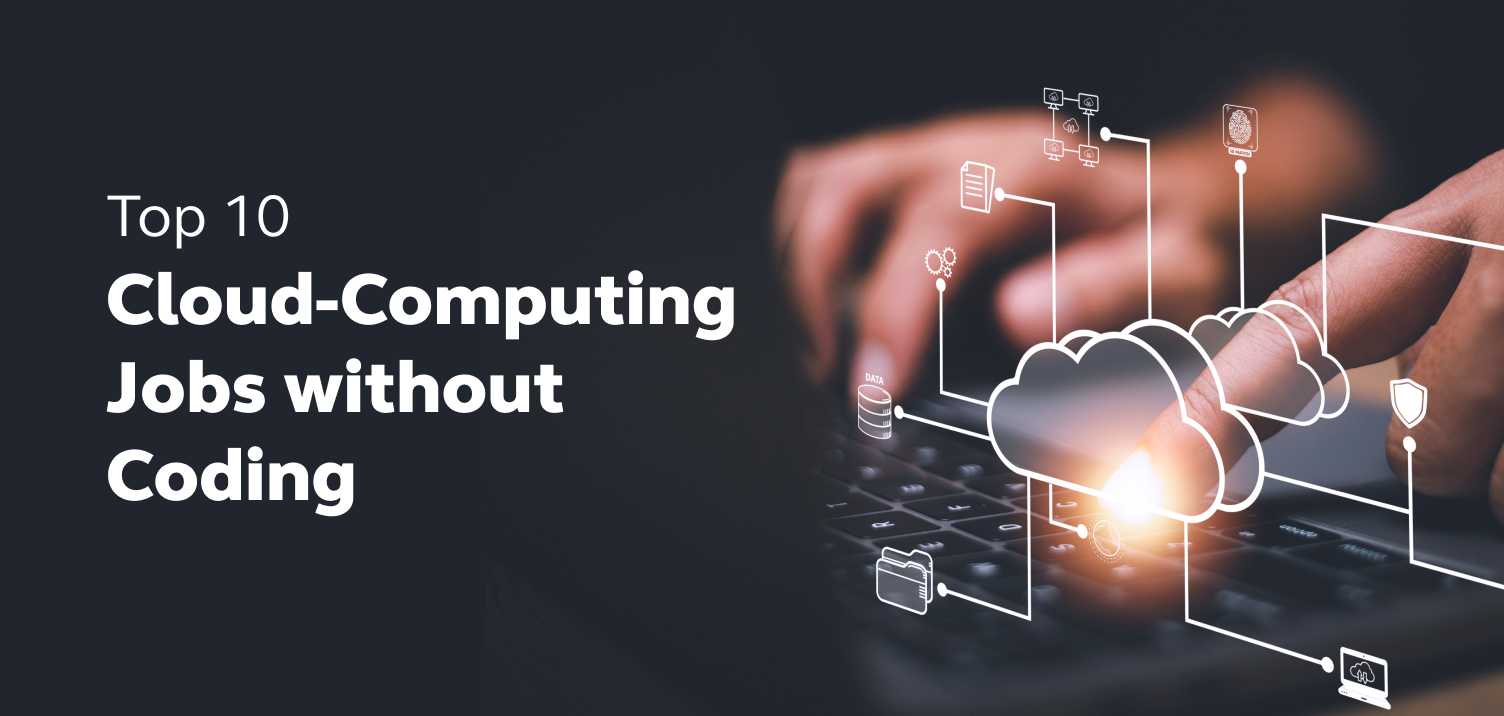
![Roles and Responsibilities of a Cloud Engineer [2024] 13 Feature image - Roles and Responsibilities of a Cloud Engineer](https://www.guvi.in/blog/wp-content/uploads/2023/10/Feature-image-Roles-and-Responsibilities-of-a-Cloud-Engineer.webp)
Did you enjoy this article?